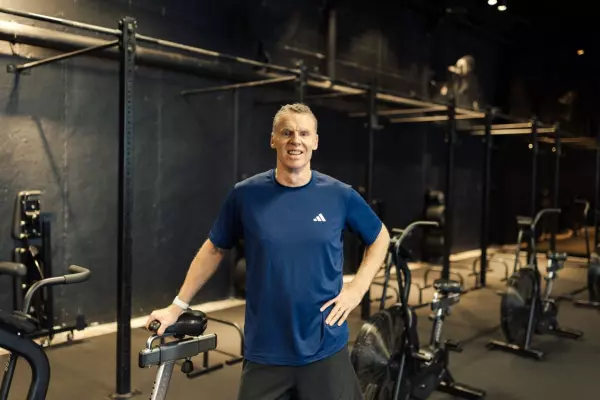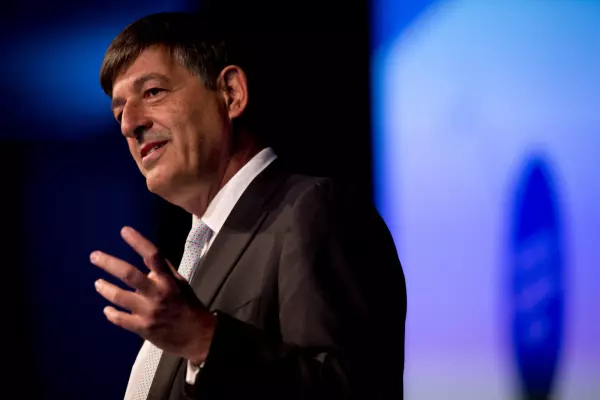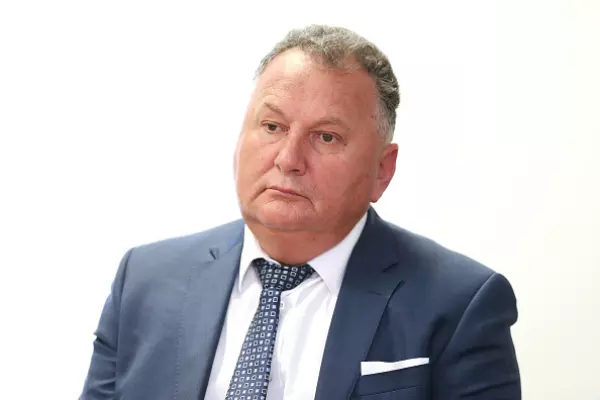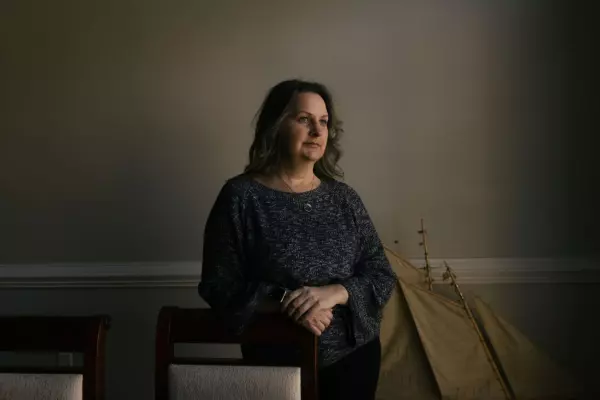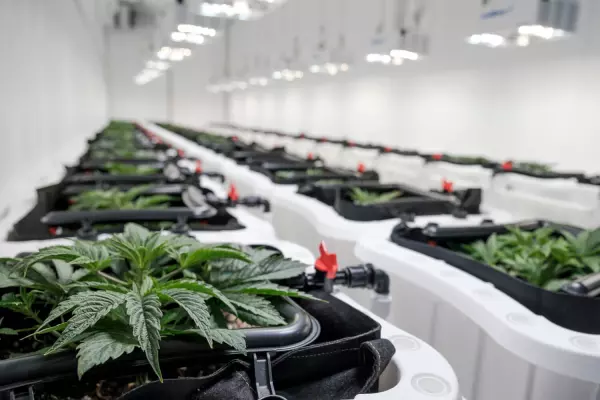Medicinal cannabis company Cannasouth wouldn’t rule out a capital raise in the next year but was full of metaphors about its future at its annual meeting this morning.
About 100 shareholders gathered in person in Auckland and online for the company’s AGM today, where the medicinal cannabis company was questioned on when cash was going to start coming in and what the directors were planning to do with the company next.
The medicinal cannabis company reported a revenue of $1.3 million from its manufacturing subsidiary Midwest Pharmaceutics but lost $2.9m for the year ending December 2021 from setting up operations – previously losing $3.5m in 2020. Cash on hand was $5.5m.
Cannasouth’s independent non-executive chairman Tony Ho opened the meeting, full of enthusiasm.
He said the disruptions of covid-19 and geopolitical situations around the world had shown the ability of Cannasouth’s team to execute business plans and strategies.
He said 2021 was a "pivotal and transformative year for the company".
Ho’s zeal throughout the meeting only dimmed when the topic of geopolitical tensions and understanding the macro-environment arose.
He used Thailand and Malaysia as an example of the uphill battle cannabis was still facing around the world, even as the demand for its medicinal purposes grew.
Earlier this month, Thailand legalised the possession and cultivation of cannabis, Ho said, and the next day released 4,000 prisoners jailed for what had been illegal the previous day.
“On the other side of the coin, you have the attorney-general in Malaysia saying that he would love to legalise cannabis – but there are about eight people on death row for it and he can't legalise it yet until we’ve dealt with that,” he said.
He became emotional as he handed over to chief executive Mark Lucas, saying the “tenacity” of the Cannasouth staff couldn’t be overstated.
“It’s fantastic and a joy to behold – the company is in good hands,” he said.
The future looks flowery
Mark Lucas told the audience that the price of medicinal cannabis remained one of the “biggest barriers” for patients seeking medical-grade CBD and they were “paying out of pocket” while doing so.
He said there was “significant demand”, which was only growing – and at a recent general practitioners conference was told that GPs are seeing a big increase in patients inquiring about medicinal cannabis.
A shareholder questioned why cannabis flowers weren’t going straight into the New Zealand market, and Lucas explained that it wasn’t as simple as “just putting that flower in a bottle”.
“We have to go through a complex registration process and produce a large amount of data about both the facility and the product itself,” he said.
“We're undergoing that process now so, rest reassured, we will have the flower on the market in New Zealand as soon as we can.”
Agrify Corp, a US-based company specialising in cannabis and hemp cultivation and extraction solutions announced earlier today that it had signed a $1.6m agreement with Ora Pharm, another medicinal cannabis company based in Waikato.
BusinessDesk asked if Cannasouth had been approached by Agrify at any stage.
Lucas said it hadn't but Ho added that Cannasouth was approached “all the time” with different opportunities.
When it rains it pours
“In 2022, we’ll receive a few more dollars from third-party customers, but nevertheless, we are still burning cash,” Ho told shareholders when asked about what the company’s financial future looked like – and where shareholders fitted into that.
He said the $5.5m cash on hand that the company had at the end of December 2021 was flowing through into 2022 but there would come a time when – depending on the progress of the company's commercial activities and some of its pressing requirements – it would have to go back to the market to raise capital.
In its early days, he said, the company felt like adolescents who wanted to grow up, but it was up to the shareholders – their parents – to give them the opportunity to achieve what they wanted to achieve.
“I can’t answer you categorically that we won't raise capital this year – it all depends on the market and if we have to raise capital because of the demands of our cash for other needs.”
He said they had “good dialogue” with their bankers about part of their working capital requirements of 2023 being provided by banks – but there was no guarantee because banks were like umbrellas: they shelter you when the sun shines, but when it starts to rain they often like to take the umbrella away.
“So, let's hope the sun is out next year and the banks are all willing to give us an umbrella to shelter and provide working capital this year,” he said.





